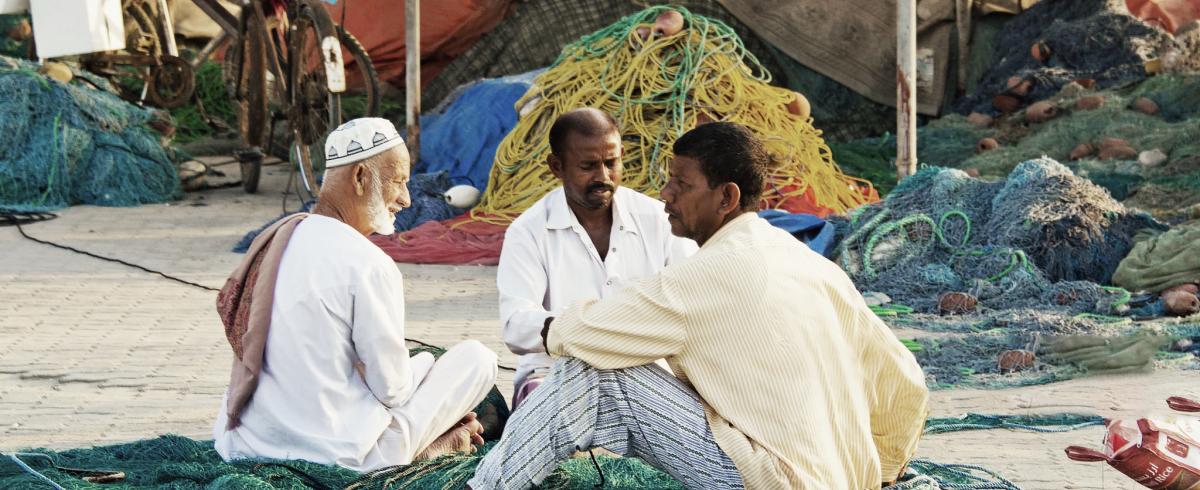
Categories to Explore
Welcome to the Resource Library. Here you will find a range of resources that you can use to support your small-scale fishery and community. Use the buttons above to browse resources by category or use the filters on the right to sort resources.
Safety at Sea for small-scale fishers in the Caribbean
This manual on safety at sea for small-scale fishers in the Caribbean aims to contribute to a culture of safety awareness among fisherfolk, reduce the number of accidents and increase the chances of survival if accidents occur. The manual provides guidance on safety matters related to the work on a small-scale fishing vessel (e.g. fire safety, deck safety, lifesaving equipment, lighting and ventilation), personal safety and navigation safety.
Blue Ventures Qualitative Research Toolkit
This toolkit gives detailed guidance on what qualitative data is, how to collect it, analyse it and interpret it.
Scaling and sustaining local marine conservation (LMMA Toolkit)
This Resource Kit provides practical guidance in setting up and maintaining Locally Managed Marine Areas (LMMAs). Each section contains a blend of practical exercises, with frequent case studies outlining experience from the field, as well as links to useful resources and existing best practice guidance.
Using ODK: A user guide to setting up community mobile monitoring
Guide to setting up community monitoring using mobile phone technology and an online data collection tool called Open Data Kit (ODK).
Developing gender-sensitive value chains
FAO’s gender-sensitive value chain framework as an approach for the analysis of value chains, and for guiding interventions to address gender-based constraints. This course discussed why eliminating gender inequalities is pivotal to achieving the necessary transformations.
Overview: Voluntary Guidelines for Securing Sustainable Small-Scale Fisheries (the SSF Guidelines)
This video gives a brief overview of the Voluntary Guidelines for Securing Sustainable Small-Scale Fisheries in the context of Food Security and Poverty Eradication (the SSF Guidelines), adopted by member countries of the Food and Agriculture Organization of the United Nations (FAO) in 2014.
In Ockhi's Wake: Disaster Preparedness at Sea
Based on grassroots reporting, with on-the-ground narratives of the affected victims, the film records different points of view of the victims who struggled through the trauma of survival. The film also focuses on how families have coped with loss and trauma, and how disaster managers and government authorities are rising to the post-calamity challenges.
Diagnostic Scorecard
The Diagnostic Scorecard is used to assess and characterize the condition of several key fishery components that are critical for successful and sustainable fisheries management.
Fishery Systems Mapping Tool
The Fishery Systems Mapping Tool helps explore the roles of stakeholders in a fishery system, clarify the interactions between each group and compare their influence and interest in improving fisheries management.
The Social Responsibility Assessment Tool for the Seafood Sector
The Social Responsibility Assessment Tool for the Seafood Sector, is useful as a diagnostic, benchmarking, or risk-assessment tool for conducting human rights due diligence in seafood supply chains.
